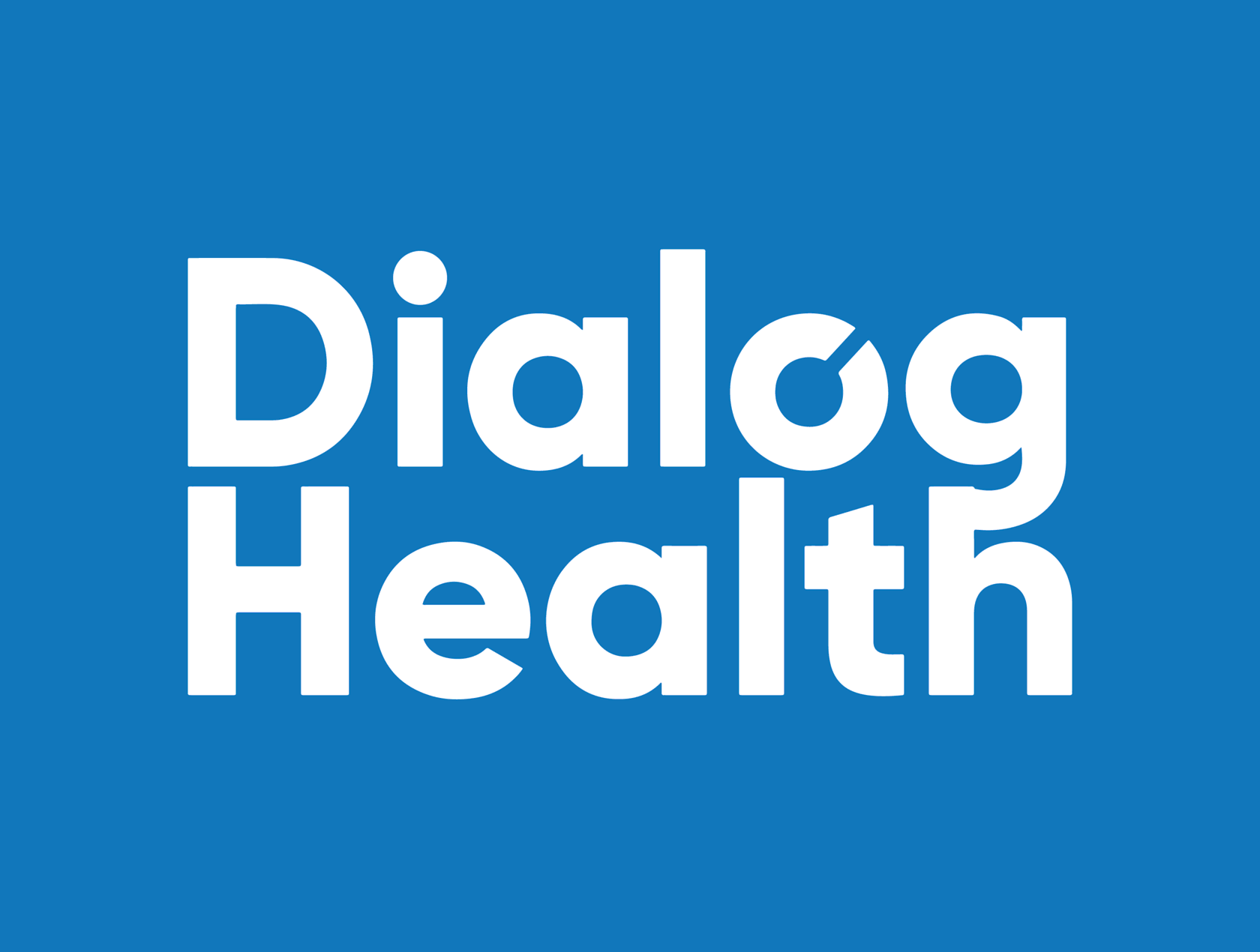- Norway
- Age Care
- 9 delegates
- May 2025
From May 12 to 15, a delegation accompanied by Dialog Health traveled to Oslo, Norway, as part of the study tour “Home Care and Support for the Elderly: Lessons from the Norwegian Approach,” organized in partnership with FEHAP. The purpose of this mission was to explore how the Norwegian health and social care system is organized, particularly the role of municipalities in meeting the needs of individuals requiring care and support at home.
Why Norway?
Norway is a pioneer in home care thanks to its well-funded, decentralized universal healthcare system, which emphasizes patient autonomy and well-being. Municipalities play a key role by tailoring services to local needs, while the integration of innovative technologies—such as telemedicine and health sensors—enhances the efficiency of care. The training and recognition of caregivers, combined with community support and prevention-focused policies, help reduce costly hospitalizations and ensure a high quality of life for patients. This model, based on collaboration and measurable outcomes, has made Norway a global reference in the field.
As part of this study tour, nine professionals from the health and social care sector had the opportunity to discover innovative initiatives in home care and support services for the seniors.
The program began with a visit to the Almas Hus Center—a showcase for technological solutions designed to improve daily life at home.
This public showroom displays a wide range of assistive devices: fall sensors, automated medication dispensers, telemonitoring platforms, voice assistants, home security systems, and more. These tools are tested and demonstrated in a realistic setting, allowing healthcare professionals, caregivers, and users to become familiar with the technologies of tomorrow.
Our delegation had the opportunity to try out the products in the demonstration apartment, guided by the Almas Hus team for a privileged moment of exchange.
On the second day of immersion, the delegation visited Demenslandsbyen Carpe Diem, an Alzheimer’s village inspired by the Dutch Hogeweyk model.
This secure space replicates an everyday living environment (cafés, hair salon, gardens, walking areas), allowing residents with dementia to maintain a high level of autonomy. The aim of this model is to provide a dignified, stimulating, and reassuring living environment by normalizing daily life and promoting social interactions.
Welcomed by Kristina Kopperud, Coordinator of Activities and Volunteering, the delegation toured the village and explored spaces specially designed for residents.
The day continued with meetings with teams from Ecura and VilMer.
Ecura is one of Norway’s leading private home care providers, offering personalized services for elderly and disabled individuals: nursing care, daily assistance, medical follow-up, and interdisciplinary coordination. Thanks to the integration of digital tools (scheduling, telecare, real-time monitoring), Ecura ensures high-quality and continuous care.
The delegation met with Christine Mueller, Head of Operations and Quality, and Fany Delpage, Regional Manager, to learn more about Ecura’s organizational structure and to receive a detailed presentation of Norway’s elderly care system.
Next, VilMer, a technology company focused on social connection, presented a platform that facilitates matchmaking between seniors and volunteer companions to combat isolation—a socially valuable initiative that complements medical care.
Øystein Landgraff, CEO of VilMer, and Linn Gunhild Feyling, Marketing Director, welcomed our delegation for a discussion on the involvement of volunteers in the services they provide.
On the final day of professional visits, the delegation explored Furuset Hageby, a nursing home with innovative architecture: 112 residential units divided into small living groups with access to various services (grocery store, library, hair salon, restaurant).
The environment is designed to support autonomy for residents with dementia, with color coding, sensory gardens, and intuitive layouts.
Continuing this Norwegian immersion, participants toured the facility and had the opportunity to meet Director Anne Gry Neby and some residents.
In the afternoon, the delegation visited Welhavensgate 5, a municipal building with 10 smart apartments designed for older adults experiencing cognitive decline. These homes are equipped with sensors, GPS watches, voice-activated devices, and automated medication dispensers, providing personalized support while ensuring safety.
Once again, the delegation was able to engage in dialogue with a resident who shared her experience and met with Svein Rune Bjørkmo, Head of Health and Care, and Kristin Skrede, Team Leader.
As a complement, the City of Oslo presented the Sagene district call center, which centralizes requests and coordinates home care interventions.
Norway demonstrates that it is possible to combine high-quality services, dignity for the elderly, and organizational efficiency. This study tour allowed professionals in the field to discover care structures that integrate architecture, healthcare, and technology.
The delegation left inspired by a decentralized healthcare system focused on supporting people to age at home.
Norway is a pioneer in home care thanks to its well-funded, decentralized universal healthcare system, which emphasizes patient autonomy and well-being. Municipalities play a key role by tailoring services to local needs, while the integration of innovative technologies—such as telemedicine and health sensors—enhances the efficiency of care. The training and recognition of caregivers, combined with community support and prevention-focused policies, help reduce costly hospitalizations and ensure a high quality of life for patients. This model, based on collaboration and measurable outcomes, has made Norway a global reference in the field.
As part of this study tour, nine professionals from the health and social care sector had the opportunity to discover innovative initiatives in home care and support services for the seniors.
The program began with a visit to the Almas Hus Center—a showcase for technological solutions designed to improve daily life at home.
This public showroom displays a wide range of assistive devices: fall sensors, automated medication dispensers, telemonitoring platforms, voice assistants, home security systems, and more. These tools are tested and demonstrated in a realistic setting, allowing healthcare professionals, caregivers, and users to become familiar with the technologies of tomorrow.
Our delegation had the opportunity to try out the products in the demonstration apartment, guided by the Almas Hus team for a privileged moment of exchange.
On the second day of immersion, the delegation visited Demenslandsbyen Carpe Diem, an Alzheimer’s village inspired by the Dutch Hogeweyk model.
This secure space replicates an everyday living environment (cafés, hair salon, gardens, walking areas), allowing residents with dementia to maintain a high level of autonomy. The aim of this model is to provide a dignified, stimulating, and reassuring living environment by normalizing daily life and promoting social interactions.
Welcomed by Kristina Kopperud, Coordinator of Activities and Volunteering, the delegation toured the village and explored spaces specially designed for residents.
The day continued with meetings with teams from Ecura and VilMer.
Ecura is one of Norway’s leading private home care providers, offering personalized services for elderly and disabled individuals: nursing care, daily assistance, medical follow-up, and interdisciplinary coordination. Thanks to the integration of digital tools (scheduling, telecare, real-time monitoring), Ecura ensures high-quality and continuous care.
The delegation met with Christine Mueller, Head of Operations and Quality, and Fany Delpage, Regional Manager, to learn more about Ecura’s organizational structure and to receive a detailed presentation of Norway’s elderly care system.
Next, VilMer, a technology company focused on social connection, presented a platform that facilitates matchmaking between seniors and volunteer companions to combat isolation—a socially valuable initiative that complements medical care.
Øystein Landgraff, CEO of VilMer, and Linn Gunhild Feyling, Marketing Director, welcomed our delegation for a discussion on the involvement of volunteers in the services they provide.
On the final day of professional visits, the delegation explored Furuset Hageby, a nursing home with innovative architecture: 112 residential units divided into small living groups with access to various services (grocery store, library, hair salon, restaurant).
The environment is designed to support autonomy for residents with dementia, with color coding, sensory gardens, and intuitive layouts.
Continuing this Norwegian immersion, participants toured the facility and had the opportunity to meet Director Anne Gry Neby and some residents.
In the afternoon, the delegation visited Welhavensgate 5, a municipal building with 10 smart apartments designed for older adults experiencing cognitive decline. These homes are equipped with sensors, GPS watches, voice-activated devices, and automated medication dispensers, providing personalized support while ensuring safety.
Once again, the delegation was able to engage in dialogue with a resident who shared her experience and met with Svein Rune Bjørkmo, Head of Health and Care, and Kristin Skrede, Team Leader.
As a complement, the City of Oslo presented the Sagene district call center, which centralizes requests and coordinates home care interventions.
Norway demonstrates that it is possible to combine high-quality services, dignity for the elderly, and organizational efficiency. This study tour allowed professionals in the field to discover care structures that integrate architecture, healthcare, and technology.
The delegation left inspired by a decentralized healthcare system focused on supporting people to age at home.
Subscribe to our newsletter
Once a month you will learn about our latest tours.
By clicking the button you agree to our Privacy Policy
Photos
Previous study missions


